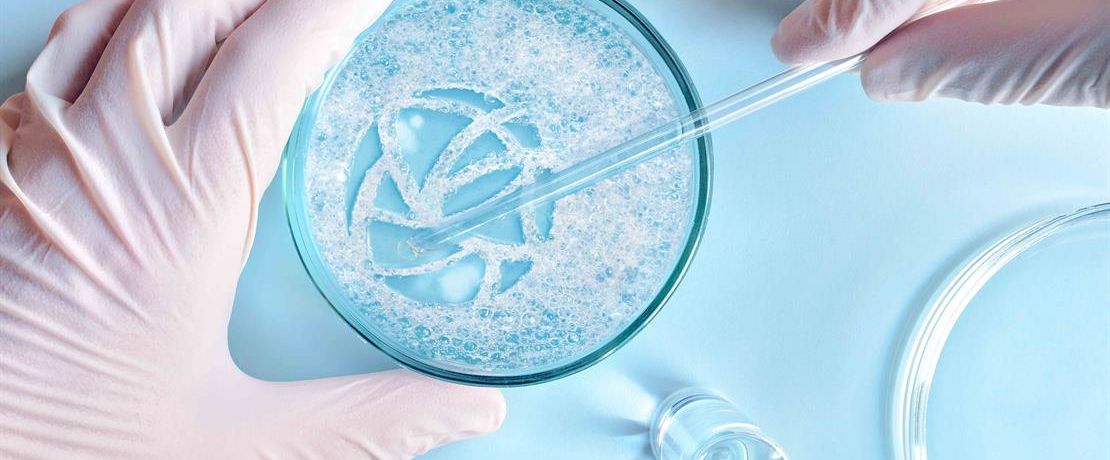How Defoamers Help Improve Performance in Coatings and Paints
How Defoamers Help Improve Performance in Coatings and Paints
Blog Article
The Duty of Defoamers in Enhancing Product Quality and Efficiency
In numerous producing processes, the existence of foam can considerably hinder product high quality and operational efficiency. Defoamers serve as crucial ingredients that mitigate this issue, guaranteeing smoother production workflows while enhancing the visual and useful attributes of the end products (defoamers). Their application spans a wide variety of sectors, from food and drink to drugs, where uniformity and dependability are paramount. Nonetheless, the option of the ideal defoamer can be critical to attaining ideal outcomes, increasing crucial questions about formulation compatibility and efficiency metrics that warrant more expedition.
Comprehending Defoamers
Recognizing the function of defoamers is crucial for maintaining product top quality throughout numerous markets. Defoamers are chemical ingredients created to prevent the formation and minimize of foam in fluid systems, which can negatively impact processes such as blending, filling up, and surface area stress. Lathering can bring about ineffectiveness, product defects, and compromised aesthetic charm, making defoamers a vital element in producing procedures.
In industrial applications, defoamers aid to boost product consistency and stability. In the paint and coverings sector, foam can conflict with the application procedure and the final finish. In food and beverage manufacturing, excessive foam can hinder bottling and product packaging performance. The reliable use defoamers not only makes certain smoother production procedures however additionally adds to remarkable item efficiency.
Furthermore, the option and formulation of a defoamer have to line up with particular application requirements, such as compatibility with other components, efficiency under varying temperature level and pH conditions, and possible regulative restrictions. Eventually, understanding defoamers' functions and their importance in different formulas is crucial for enhancing production and making sure the finest final product.
Kinds Of Defoamers
Defoamers can be classified into a number of kinds based upon their composition and system of action. The key types consist of silicone-based, non-silicone natural, and not natural defoamers.
Silicone-based defoamers are among the most reliable, primarily due to their ability to spread rapidly on the fluid surface and disrupt foam development. Their distinct chemical framework enables remarkable stability, making them appropriate for high-temperature applications and settings with differing pH degrees.
Non-silicone natural defoamers, often made up of all-natural oils or fatty acids, are valued for their biodegradability and lower toxicity. These are typically made use of in food and drink applications where safety and security and environmental influence are extremely important.
Not natural defoamers, which consist of compounds like talc or calcium carbonate, act by increasing the thickness of the fluid, thereby lowering foam security. They are often utilized in industrial processes where compatibility with other materials is not an issue.
Each kind of defoamer has distinct advantages and restrictions, enabling for customized services relying on the certain foaming problems come across in numerous applications. Comprehending these distinctions is vital for optimizing efficiency and accomplishing wanted item quality.
Applications Across Industries
Numerous industries take advantage of defoamers to boost product high quality and operational efficiency. In the food and drink industry, defoamers are important in procedures such as brewing and dairy products manufacturing to stop foam formation, which can bring about inefficiencies and item incongruity. By regulating foam, manufacturers can make sure better return and an extra uniform product.
In the pharmaceutical industry, defoamers play an important role in the formula of fluid drugs, where extreme foam can hamper mixing and precise dosing. Their usage helps maintain the honesty of the solutions and facilitates smoother production procedures.
The paint and finishings sector likewise relies upon defoamers to boost the efficiency of items during application. By decreasing foam, these ingredients ensure a smoother coating and improve the aesthetic qualities of the end product.

Benefits of Utilizing Defoamers
While the application of defoamers varies across markets, their benefits consistently boost item high quality and process efficiency. One considerable advantage is the reduction of foam formation throughout manufacturing procedures, which can otherwise cause manufacturing hold-ups and disparities in item top quality. By minimizing foam, defoamers allow a smoother flow of materials, assisting in much more reliable procedures and lowering the likelihood of equipment malfunctions.
In addition, using defoamers can boost the look and texture of final items. In fields such as coatings, paints, and food processing, too much foam can endanger the visual appearances and total top quality, while the appropriate defoamer application makes certain a consistent finish and preferable qualities. Defoamers can add to cost savings by reducing waste during production and enhancing the use of raw products.

Choosing the Right Defoamer
Picking the ideal defoamer is critical for enhancing production procedures and making certain item high quality. The selection of defoamer affects not only the efficiency of foam control however likewise imp source the total performance features of the end product. Variables to think about consist of the type of application, the chemistry of the formula, and the ecological conditions under which the product will be utilized.
Various markets may require details defoamer types, such as silicone-based, natural, or polymeric defoamers. Comprehending the compatibility of the defoamer with the primary active ingredients is vital to avoid adverse responses that can endanger item honesty. In addition, the defoamer's effectiveness in different temperature levels and pH levels need to be reviewed to ensure constant efficiency.
Examining the defoamer in small-scale applications can offer valuable insights right into its efficiency and viability. Factor to consider of regulatory compliance, particularly in food, drugs, and cosmetics, is critical in selecting a defoamer. Ultimately, a comprehensive assessment of these variables will certainly cause the choice of a defoamer that not just regulates foam successfully but additionally boosts the top quality and efficiency of the final product.
Final Thought

Finally, defoamers are necessary ingredients that substantially enhance product high quality and performance across various sectors. By effectively lowering foam formation, these representatives not only boost operational performance yet additionally add to the useful and aesthetic honesty of items. The strategic choice and application of defoamers bring about set you back savings, maximized source use, and boosted customer fulfillment. In general, the relevance you could check here of defoamers in industrial processes can not be overemphasized, as they play a vital function in accomplishing constant and high-grade outcomes.
Foaming can lead to inefficiencies, item defects, and jeopardized aesthetic allure, making defoamers a vital part in producing operations.

Report this page